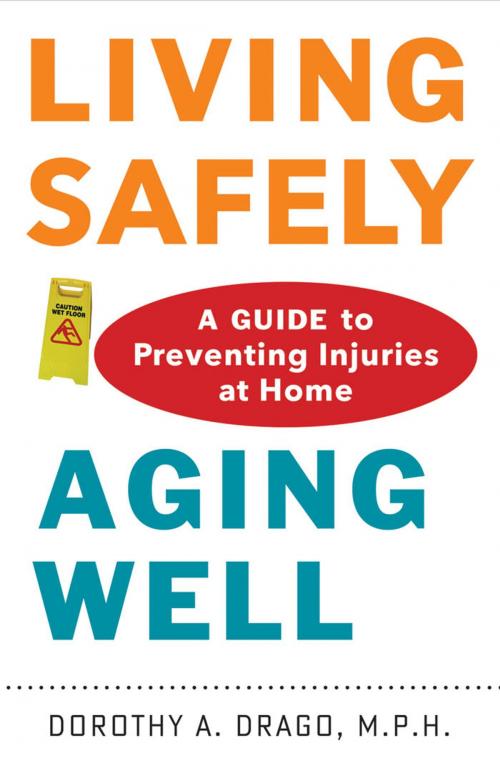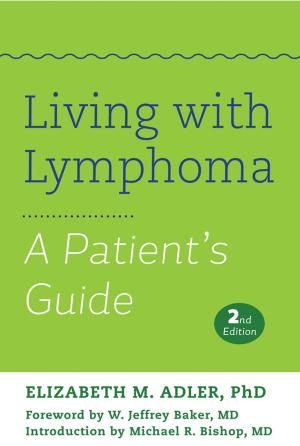Living Safely, Aging Well
A Guide to Preventing Injuries at Home
Nonfiction, Health & Well Being, Medical, Reference, Public Health, Health| Author: | Dorothy A. Drago | ISBN: | 9781421411538 |
| Publisher: | Johns Hopkins University Press | Publication: | January 15, 2014 |
| Imprint: | Language: | English |
| Author: | Dorothy A. Drago |
| ISBN: | 9781421411538 |
| Publisher: | Johns Hopkins University Press |
| Publication: | January 15, 2014 |
| Imprint: | |
| Language: | English |
As we age, our sense of balance and our vision, hearing, and cognition become less sharp. Aging-related changes greatly increase our risk of injury. In Living Safely, Aging Well, nationally recognized safety expert Dorothy A. Drago spells out how to prevent injury while cooking, gardening, sleeping, driving—and just walking around the house.
In the first part of the book, Drago describes the causes of injuries by type—falls, burns, poisoning, and asphyxia—and explains how to decrease the risk of each. She then explores the home environment room by room, pointing out potential hazards and explaining how to avoid them, for example, by installing night lights, eliminating glass coffee tables, and using baby monitors. Lively line drawings make it easy for readers to visualize risks and implement prevention techniques. Living Safely, Aging Well pays special attention to hazards encountered by people with Alzheimer’s disease and other forms of dementia. A chapter devoted to health literacy helps people and caregivers make the best use of the medical care system and a chapter on driving helps evaluate when it is no longer safe to be behind the wheel.
As we age, our sense of balance and our vision, hearing, and cognition become less sharp. Aging-related changes greatly increase our risk of injury. In Living Safely, Aging Well, nationally recognized safety expert Dorothy A. Drago spells out how to prevent injury while cooking, gardening, sleeping, driving—and just walking around the house.
In the first part of the book, Drago describes the causes of injuries by type—falls, burns, poisoning, and asphyxia—and explains how to decrease the risk of each. She then explores the home environment room by room, pointing out potential hazards and explaining how to avoid them, for example, by installing night lights, eliminating glass coffee tables, and using baby monitors. Lively line drawings make it easy for readers to visualize risks and implement prevention techniques. Living Safely, Aging Well pays special attention to hazards encountered by people with Alzheimer’s disease and other forms of dementia. A chapter devoted to health literacy helps people and caregivers make the best use of the medical care system and a chapter on driving helps evaluate when it is no longer safe to be behind the wheel.















